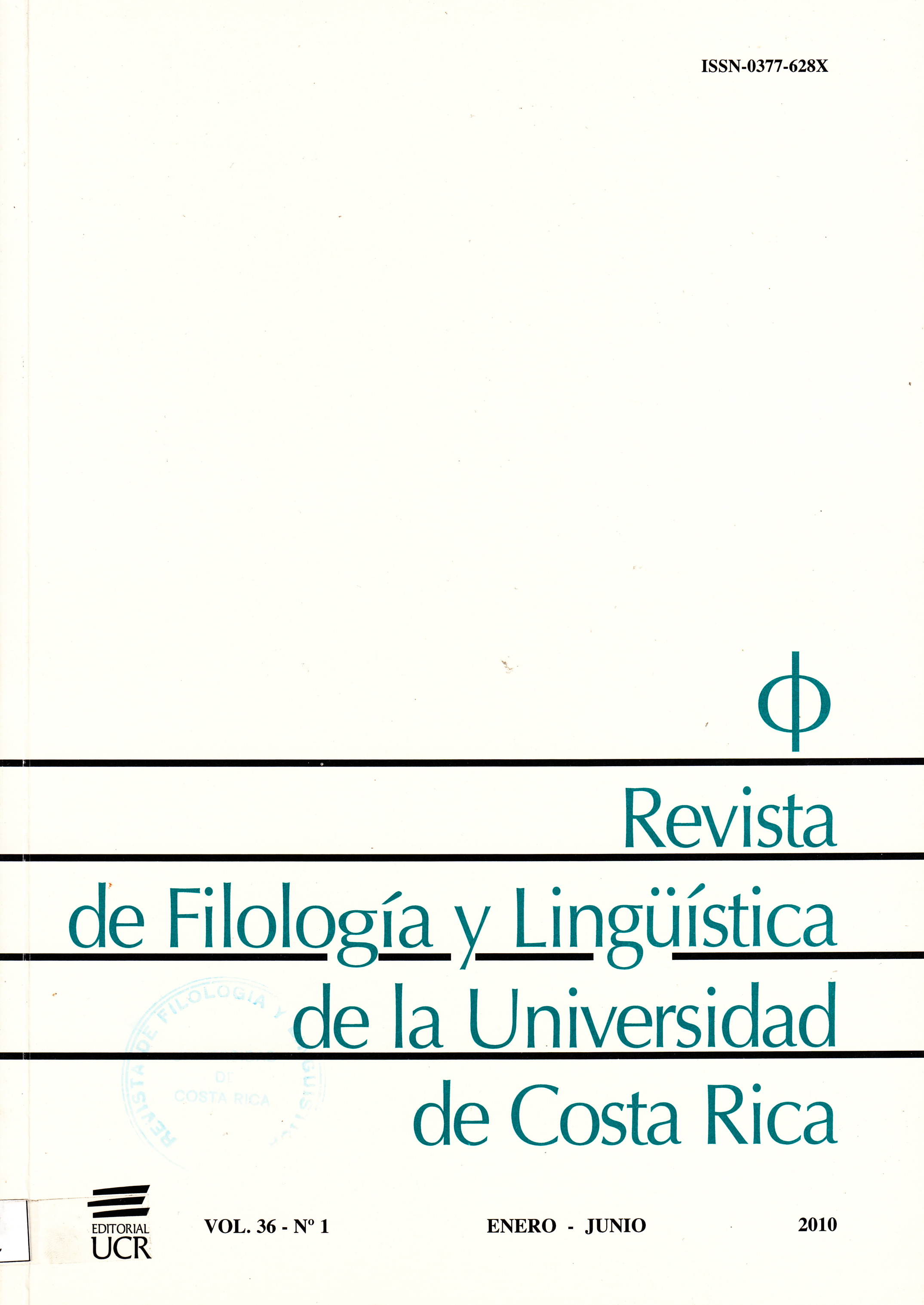Abstract
The article deals with the problem of survival of minority languages (indigenous languages and languages of foreign diasporas) in Venezuela. The objectives were to explain the origin, evolution and maintenance of the linguistic diversity of the country, from the ecolinguistics perspective, and to make projections towards the future. After explaining the concept of linguistic ecology and comparing its objects of study to those of linguistics, the article proceeds to define linguistic contact as a starting point where begins the decline in the number of speakers of the minority language, to present the functional distribution of uses as the principal factor to estimate the continuity of the minority language, and to suggest measures for a prompt ecolinguistic intervention in order to rescue the endangered language, always taking into account the will of the respective linguistic group. It is concluded that ecolinguistic sustainability model presents itself as an opportunity for the maintenance of the linguistic diversity of Venezuela, along the road of sociolinguistic justice and equality.References
Bastardas-Boada, Albert. 2002. Biological and linguistic diversity. http://www.teluq.uquebec.ca/diverscite/SecArtic/Arts/202/bastarda/txt.htm. Consulta: 12 de febrero de 2010.
(2007). “Linguistic sustainability for a multilingual humanity”. Glossa. 2 (2). http://bibliotecavirtualut.suagm.edu/Glossa2/Journaljun2007/Vol2num2.htm. Consulta: 15 de diciembre de 2009.
Bolívar, Simón. 1819/1975. Discurso de Angostura. Caracas: Presidencia de la República.
Bondarenko, Natalia. 2010. Lenguas minoritarias en el contexto educativo venezolano contemporáneo. Tesis Doctoral: Universidad Pedagógica Experimental Libertador.
Brünner, José Joaquín. 1999. Globalización cultural y posmodernidad. Santiago de Chile: Fondo de Cultura Económica.
Callenbach, Ernest. 1999. La ecología. Madrid: Siglo XXI de España.
Calvet, Louis-Jean.1999. Pour une écologie des langues du monde. Paris: Plon.
Capra, Fritjof. 1997. The Web of Life. London: Flamingo.
Crystal, David. 2001. La muerte de las lenguas. Madrid: Cambridge University Press.
Delahaye, Marieke. 1979. Lenguas indígenas en el proceso educativo: educación intercultural bilingüe. Ponencia para el “Primer Seminario de Indigenismo y Lingüística”. Caracas, 15-24 de febrero.
Dil, Anwar S. 1972. Essays by Einar Haugen. Stanford: Stanford University Press.
Esté, Arnaldo. 1999. Migrantes y excluidos. Caracas: Universidad Católica Andrés Bello.
Haugen, Einar. 1972. The Ecology of Language. En: A.S. Dil (ed.), 325-339.
Holland, John. 1998. Emergence from chaos to order. Cambridge, MA: Perseus Publishers.
Lárez, Ronald, Alberto Muñecas y Renán Golindano. “Propuesta educativa aplicable a los grupos étnicos Kariña y Warao de Venezuela”. Encrucijada Educativa. 2: 113-131.
Mosonyi, Esteban Emilio. 2003. Temas de literatura indígena. Caracas: Ministerio de Educación, Cultura y Deportes.
(2007). Hablemos… Caracas: Planeta.
Mosonyi, Esteban Emilio y Jorge Pocaterra. 2004. Experiencias recientes de revitalización lingüística en la Venezuela Indígena. Ponencia presentada en el Foro Barcelona 2004 http://www.barcelona2004.org/esp/banco_del_conocimiento/docs/PO_35_ES_POCATERRA.pdf. Consulta: 15 de febrero de 2010.
Pérez, Luis Adolfo. 2004. “Los wayuu: tiempos, espacios y circunstancias”. Espacio abierto. 13 (4): 607-630.
Primera, Maye. 2007. “Alemania en Venezuela”. Travesías. 64. http://www.revistatravesias.com/ numero-64/articulos-principales/alemania-en-venezuela.html. Consulta: 14 de marzo de 2010.
Serrón, Sergio. 2007a. “Bilinguismo, interculturalidad y educación, las comunidades indígenas y sorda de Venezuela, una aproximación”. Opción. 53: 52-71.
(2007b). “Unidad lingüística hispanoamericana: una revisión desde la óptica de la planificación lingüística y de la enseñanza de la lengua”. Hispanista. 7 (18). http://www. hispanista.com.br/revista/artigo40esp.htm. Consulta: 02 de abril de 2010.
Varela, Francisco, Humberto Maturana y Ricardo Uribe. 1974. “Autopoiesis: the organization of living systems, its characterization and a model”. Biosystems. 5: 187-196.
XIII Censo General de Población y Vivienda. 2001. Venezuela: Instituto Nacional de Estadística.

